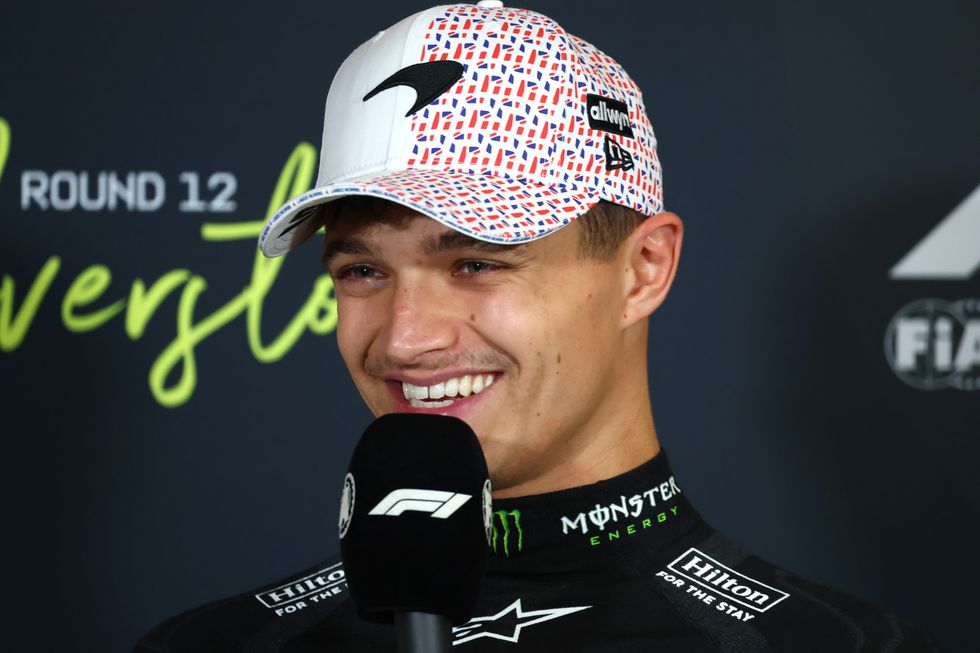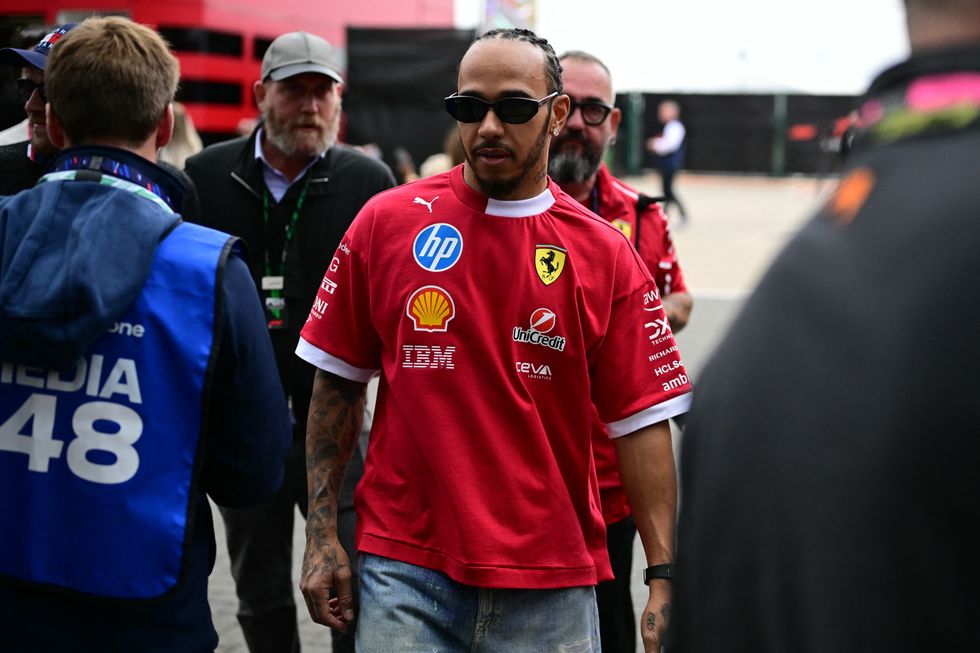AS INDIA’S Olympic hopefuls Saina Nehwal, Yogeshwar Dutt, Leander Paes, Shiv Thapa and Jitu Rai gear up to the Games in Rio de Janeiro, some figures and moments from the past come to mind which have inspired generations of Indian athletes.
In 1936 in Berlin, India was competing as a British colony and did not have a national flag of its own. Just before the field hockey final, in which the Indian team was playing Germany, manager
Pankaj Gupta suddenly took out from his pocket the tricolour – then the flag of the Congress Party which was fighting for India’s independence.
Indian players saluted the flag, prayed – and marched to the field. The crowd of 40,000 included the Maharaja of Baroda, Begum of Bhopal and a large number of Indians who had travelled
from all over the subcontinent to see the final match (also present was Adolf Hitler along with the top Nazis).
In the 32nd minute, Roop Singh, left in of the Indian team, scored from a difficult angle after getting a pass from his co-player, Jafar. This was the only goal India scored till half-time. During
the break, India’s legendary hockey captain, Dhyan Chand, huddled his team together and cautioned them that the one goal lead was very small and that Germany could equalise any time.
It was Chand who scored in the opening minutes of the second half. India then scored a barrage of goals - four in five minutes to seal the fate of the match. According to Singh’s observation about that stage of the match, “Chand, a supremely unselfish artist who never held on to the ball for even a second more than necessary, was seen in a rare selfish mode. He shouted to us: ‘Direct all passes to me, I will take care from there on’.”
It had rained earlier in the day, and the ground was still slippery. Chand discarded his spiked shoes and stockings and played with his bare feet. But it was his incredible stick work that had
the crowd gasping. The way he moved with the ball, as if it was stuck to his hockey stick, stunned the opposite side and the audience alike.
After India scored the sixth goal, the German players decided to go after the Indian captain, playing aggressively and going for rough tackles on Chand. After receiving first aid, having broken
a tooth in a clash with the German goalkeeper, Chand came back to the field and instructed his team not to score any more goals. “We must teach them a lesson in ball control,” he said.
The Indian players would take the ball to the German ‘D’ and then pass it back to their own teammates, at times taking the ball to the goalmouth, but not scoring. This strategy baffled the Germans. Dara and Chand rounded off the tally in the last few minutes to make the final score India 8, Germany 1.
In the 1948 London Olympics, the field hockey team – now representing an independent India – also won in the final, despite the odds stacked firmly against them. They won in style, defeating
the British 4-0. When the Indian team reached Mumbai (then Bombay), their ship was caught up in a low tide. The victorious Olympians could see their motherland, yet they were stranded for two days till the tide turned and their ship was able to dock at the port. Some adventurous youths had sailed out to sea to cheer their heroes.
There was a huge reception awaiting the team in Bombay. Their gold medals had stories of their own: one of the champions, Leslie Claudius, lost his in 1964. Somebody just polished it off from the showcase in his drawing room. Another player, Keshav Dutt, gave away his gold medal when Nehru appealed to the nation for help during the Sino-Indian war of 1962.
The Helsinki 1952 Olympics gave Indians another sporting hero – wrestler KD Jadhav. Requests for funds for him (those were the times when most athletes had to arrange their own funding)
from the-then Bombay chief minister Morarji Desai were refused, and help for Jadhav came from an unexpected source.
The principal of Rajaram College, where Jadhav had studied, mortgaged his house to raise money to send him to Helsinki. Jadhav did not disappoint his former teacher though when he made history by winning a bronze medal at the Games.
The reporting of his success – a mere single column in the Times of India – and his reception back home hardly compared with the rapturous welcome given to the country’s hockey team
which had won Helsinki gold.
But Jadhav did get a hero’s welcome – in his native village of Goleshwar. A victory procession, complete with 151 bullock carts, went all the way from Karad station to a temple in Goleshwar.
An eyewitness recalled that such was the affection of well-wishers that the ormally fifteen-minute journey took Jadhav seven hours to complete. India’s Olympic history is replete with fairytale, dramatic and simply well-deserved triumphs – as well as missed opportunities and unfulfilled promises.
How will Rio 2016 be remembered?
Rehan Fazal is the producer of the BBC Hindi new weekly series, Chalo Rio, which is based on previously unused archival sources, rare interviews, letters and books. It is broadcast on AIR on AM and FM, via allindiaradio.gov.in and AIR mobile app, as well as on bbchindi.com















 Norris capitalised on the incident to take the lead and hold on for victory. Getty Images
Norris capitalised on the incident to take the lead and hold on for victory. Getty Images 


 Lewis Hamilton topped FP1 and finished third in FP2Getty Images
Lewis Hamilton topped FP1 and finished third in FP2Getty Images